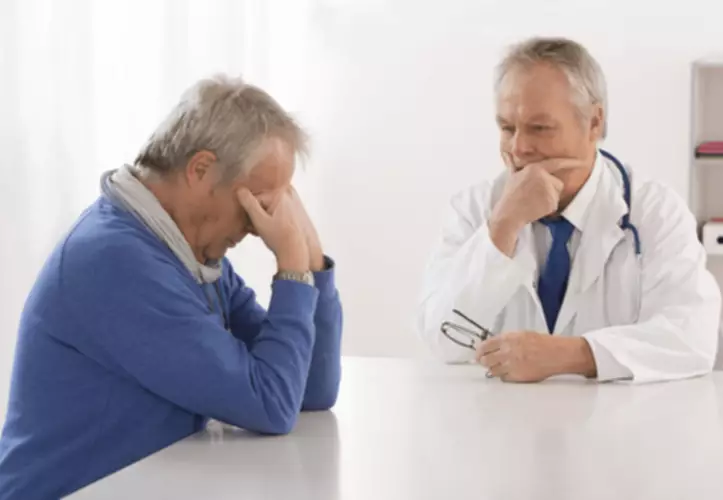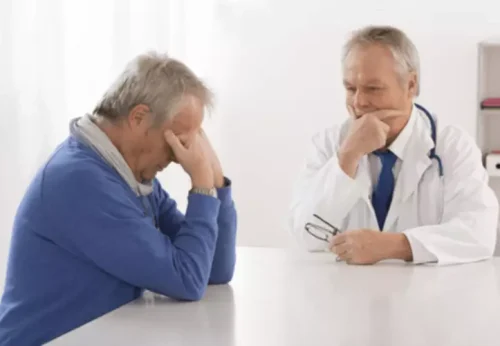
Over time, the liver of a person who drinks heavily can become damaged and cause alcoholic liver disease. Even if you aren’t experiencing severe health problems like cirrhosis from alcohol, seeking early treatment can prevent an alcohol use disorder from progressing and causing severe complications. If alcohol begins to interfere with daily functioning, but you have been unsuccessful with giving up drinking, seeking treatment can help you to stay committed to recovery. Certain physical signs and symptoms might indicate that you’ve developed an alcohol addiction. Symptoms of alcoholism vary, but in this piece we’ll focus on some of the physical signs of alcohol dependence.
Treatment

This is usually achieved if you consume five or more standard drinks on a single occasion for men or four or more drinks on a single occasion for women. Either way, fluctuations in a person’s appetite, as a result of alcohol consumption, can lead to changes in their weight. The excessive alcohol in the bloodstream becomes too much for the liver to process, posing a risk of generalized tonic-clonic seizures. We also have the risk of alcohol-induced seizures, which are common during binge drinking. However, the person often can’t recall the events that happened during an alcoholic blackout, which can include bumps, falls, and accidents that may have caused bruises. Excessive drinking may also lead to an alcoholic blackout, a condition reached when the blood alcohol concentration (BAC) is over 0.16%.

Physical Signs of Alcoholism
Alcohol’s effects on skin can be drug addiction quite visible not long after drinking. There are many facial signs of alcoholism, but one of the most common signs is redness in your face. At Compassion Behavioral Health, we understand the challenges and complexities of dealing with alcoholism. Our dedicated team of professionals offers a comprehensive and individualized approach to recovery.
Common physical signs of alcoholism

You might not recognize how much you drink or how many problems in your life are related to alcohol use. Listen to relatives, friends or co-workers when they ask you to examine your drinking habits or to seek help. Consider talking with someone who has had a problem with drinking but has stopped. Make an appointment with your health care provider if you have any of the symptoms listed above. But if liver cirrhosis is diagnosed early and the underlying cause is treated, further damage can be limited. In cirrhosis, at right, scar tissue replaces healthy liver tissue.
- Cirrhosis is considered end stage liver disease as it cannot be reversed and can lead to liver failure.
- Once the alcoholic liver disease progresses, its symptoms become easier to recognize.
- When that happens, the person convulses uncontrollably and may harm themselves or others in the process, potentially leading to bruises.
- Additionally, strained relationships, legal issues, and deterioration in overall health are common in this stage.
Physical Signs You’re Drinking Too Much
While throwing up can make you feel miserable, it is one of your body’s self-defense mechanisms to remove excess toxins from the alcohol consumed. If you’re not consciously keeping track of the drinks you’ve chugged, it’s easy to go over these limits. People with alcoholism can develop erosive gastritis, where the stomach lining wears away. More seriously, this reduced clotting leads to an increased risk of stroke. I have been doing the sessions for the last few weeks and it has been a life changer experience. They will educate you on ABC Medication, breathing technique and nutrition.

Alcohol can have a damaging effect on many aspects of our lives, even if we only consume it bruising and alcoholism in small amounts. For people who develop an addiction, the effects of alcohol on the body and mind can be significant. How alcohol addiction physically affects different parts of your body. And like any other disease, it requires specialized care and treatment.
- Depending on the severity of the alcohol use disorder, this stage can be mildly annoying or severe.
- And yes, you may feel great and energized upon waking up—but that doesn’t mean you didn’t have too much to drink the night before.
- Bring a list of your medications and how long you’ve been taking them if you plan to see a doctor about random bruises.
